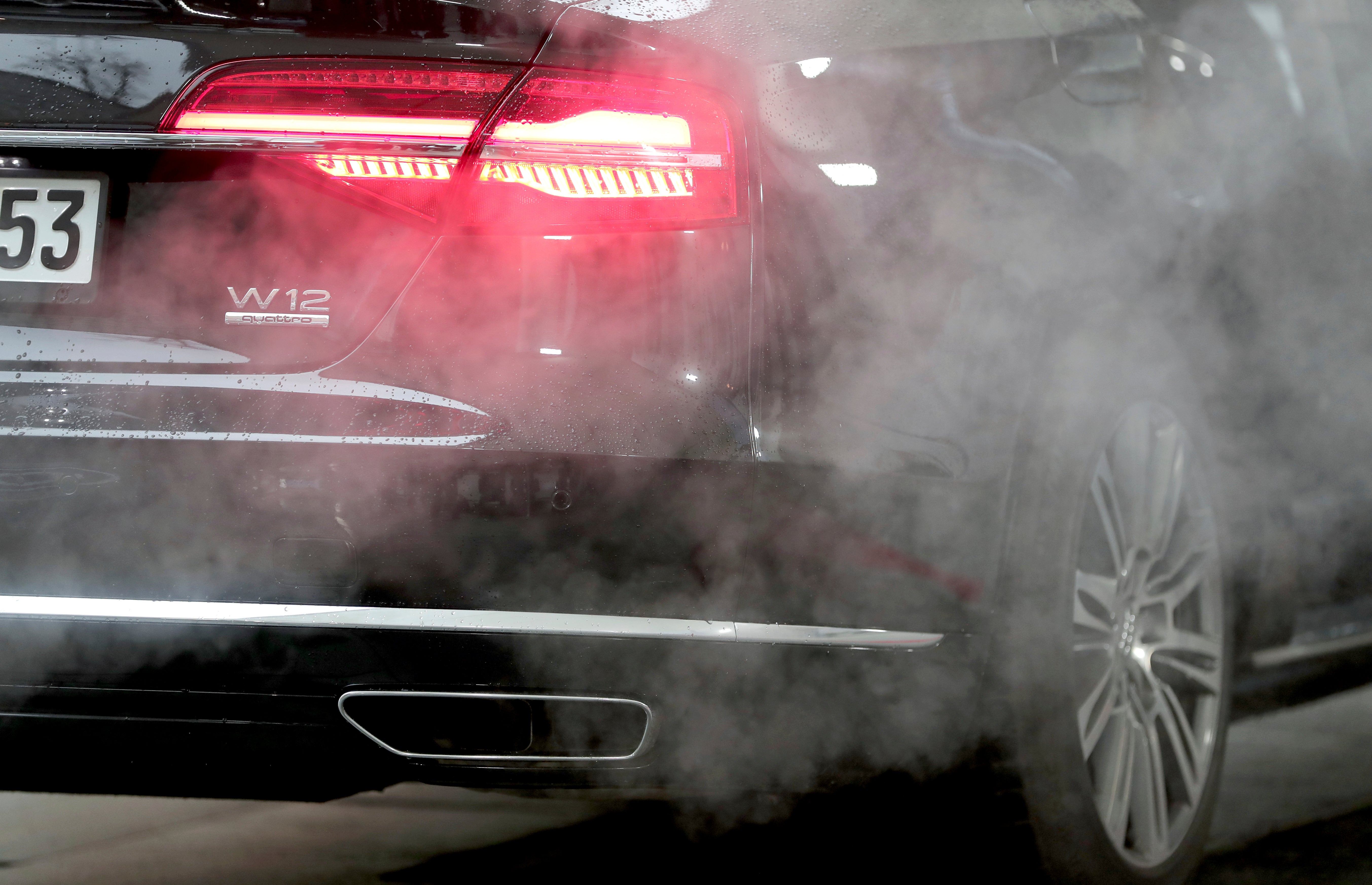EU countries postpone vote on combustion engine ban
The Swedish presidency of the European Union's ministers' council says the adoption by EU member countries of new carbon dioxide emission standards for cars and vans has been postponed amid opposition from Germany

Your support helps us to tell the story
From reproductive rights to climate change to Big Tech, The Independent is on the ground when the story is developing. Whether it's investigating the financials of Elon Musk's pro-Trump PAC or producing our latest documentary, 'The A Word', which shines a light on the American women fighting for reproductive rights, we know how important it is to parse out the facts from the messaging.
At such a critical moment in US history, we need reporters on the ground. Your donation allows us to keep sending journalists to speak to both sides of the story.
The Independent is trusted by Americans across the entire political spectrum. And unlike many other quality news outlets, we choose not to lock Americans out of our reporting and analysis with paywalls. We believe quality journalism should be available to everyone, paid for by those who can afford it.
Your support makes all the difference.The adoption by European Union member countries of new carbon dioxide emission standards for cars and vans has been postponed amid opposition from Germany and conservative lawmakers. the Swedish presidency of the EU ministers' council said Friday.
The vote initially scheduled for next week will take place at a “later council meeting” on a date yet to be announced, according to the Swedish presidency of the Council of the European Union.
Germany’s transportation minister said last week that his country would not back a proposed EU ban on the sale of new cars with combustion engines from 2035. He wanted assurances from the bloc’s executive arm that there would be an exemption for synthetic fuels.
The conservative European People’s Party group, which is the largest bloc in the European Parliament, is also opposing the ban and called on member countries to do the same.
“The ban prevents innovation and doesn’t reduce additional CO2 emissions,” the group said Friday. "The EPP Group is convinced that banning combustion engines will make new cars more expensive, cost thousands of jobs and lead to the decline of a core European industry."
EU lawmakers and member nations reached a preliminary deal last year that would force automakers to reduce new car emissions by 55% in 2030 relative to 2021 levels, and by 100% in 2035.
The plan, which is part of the bloc’s effort to reduce its greenhouse gas emissions, effectively means that the sale of new cars which burn hydrocarbon-based fuels such as petroleum would be banned.
Some countries, such as Germany, had asked the EU’s executive commission to come up with an exemption for cars that burn so-called e-fuels. They argued that such fuels can be produced using renewable energy and carbon captured from the air so wouldn’t spew further climate-changing emissions into the atmosphere.
German Transport Minister Volker Wissing said the European Commission hadn’t made a proposal for the requested exemption so Germany would refrain from supporting the ban.